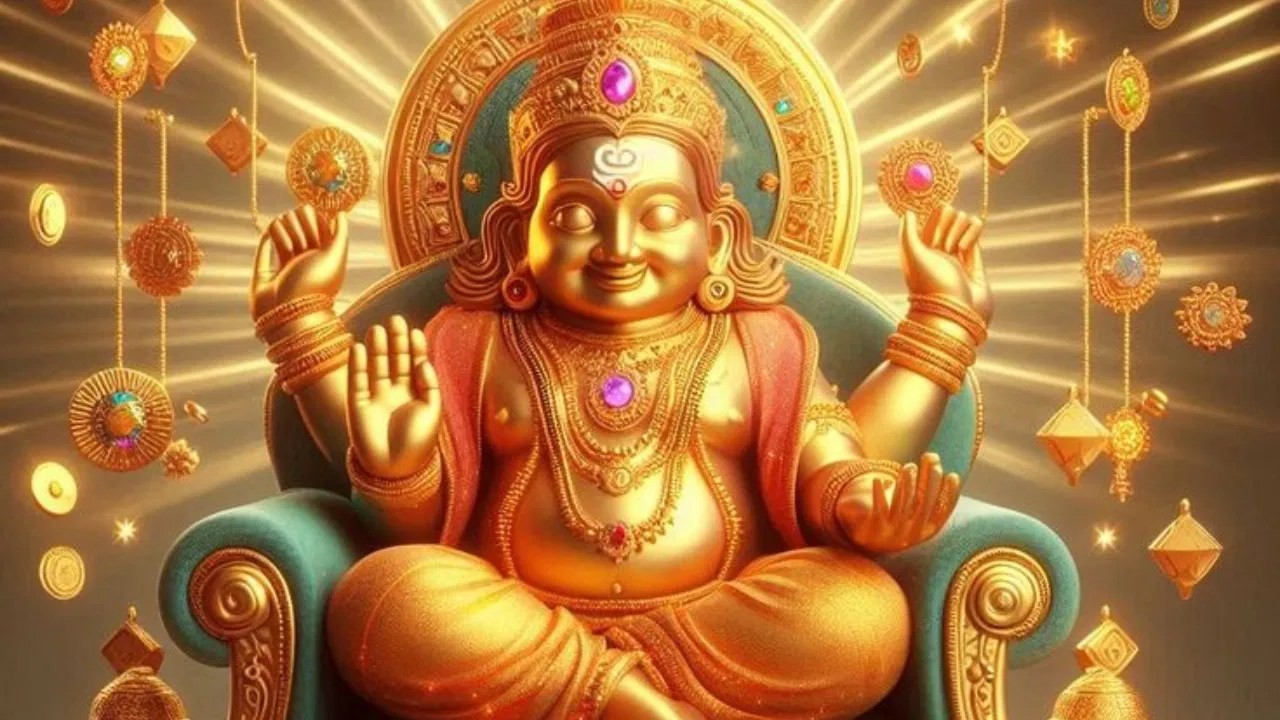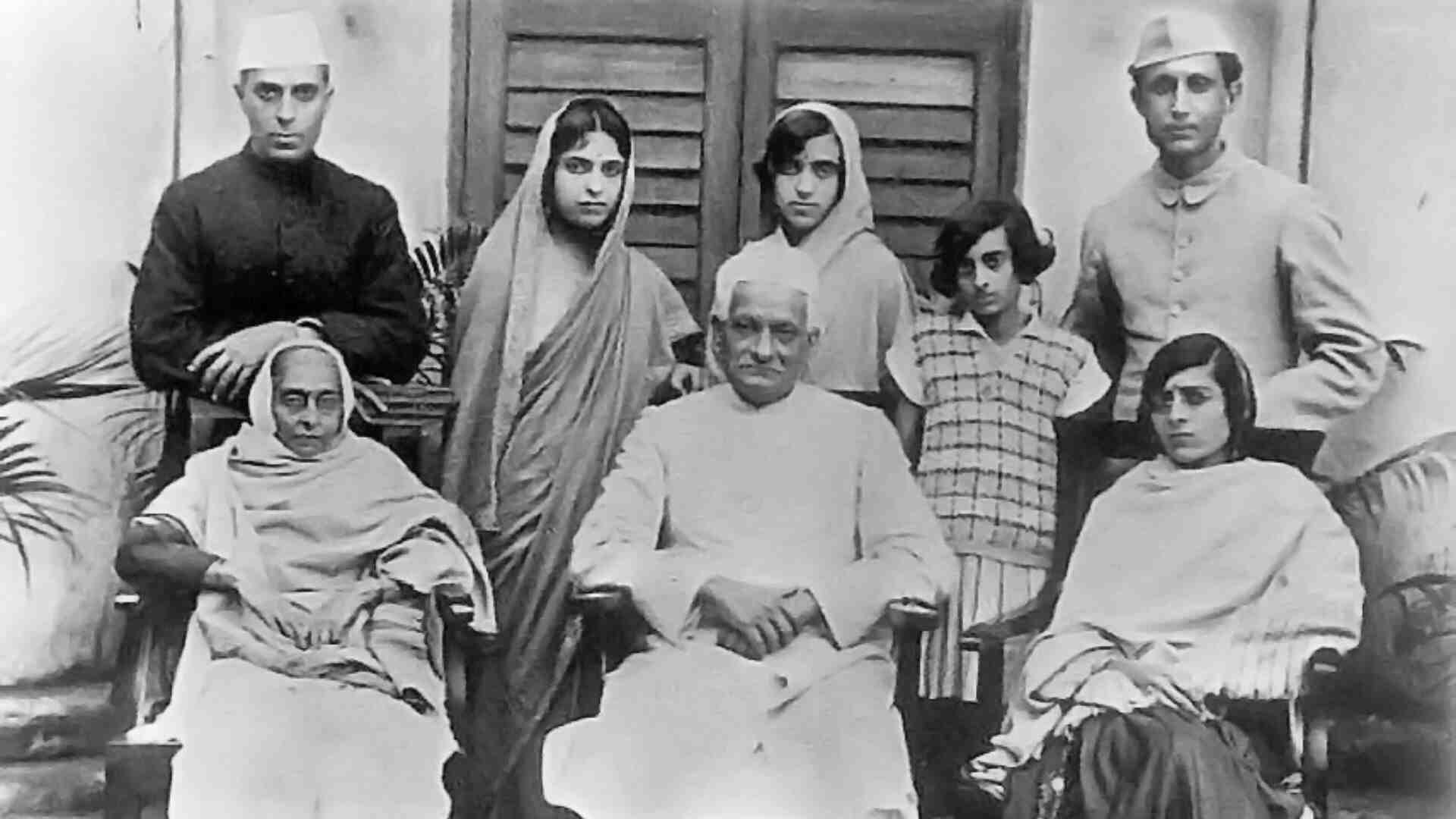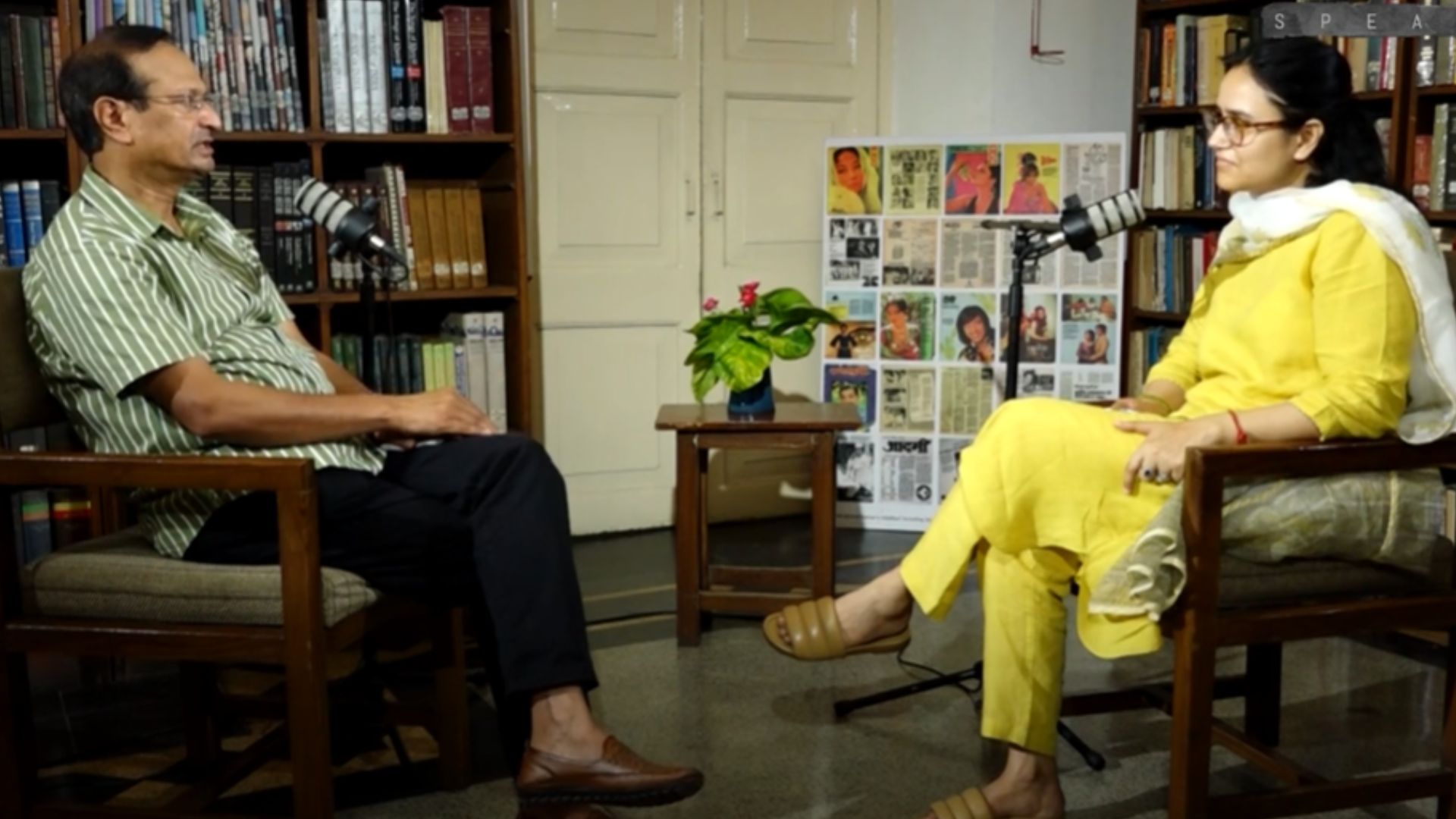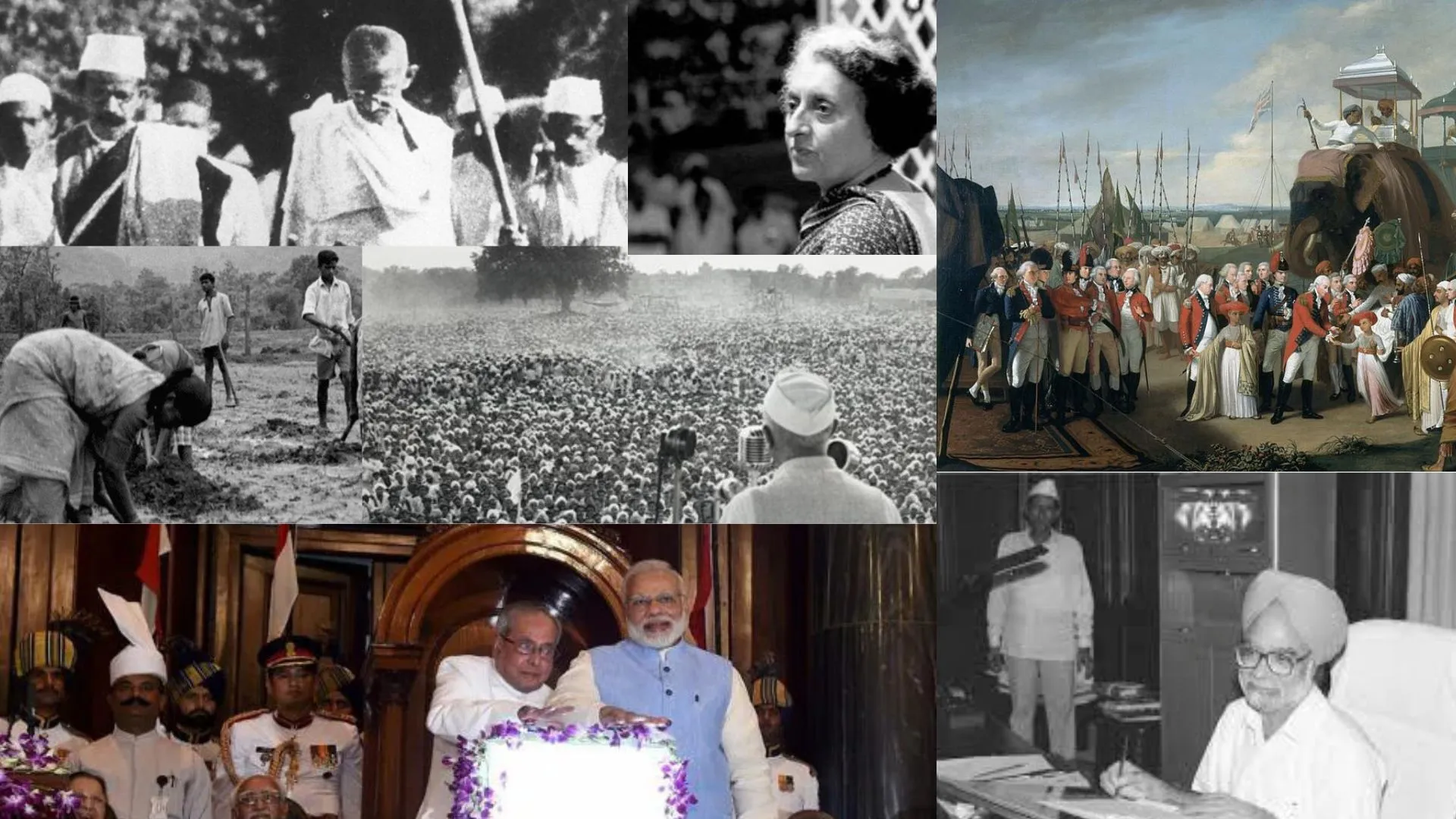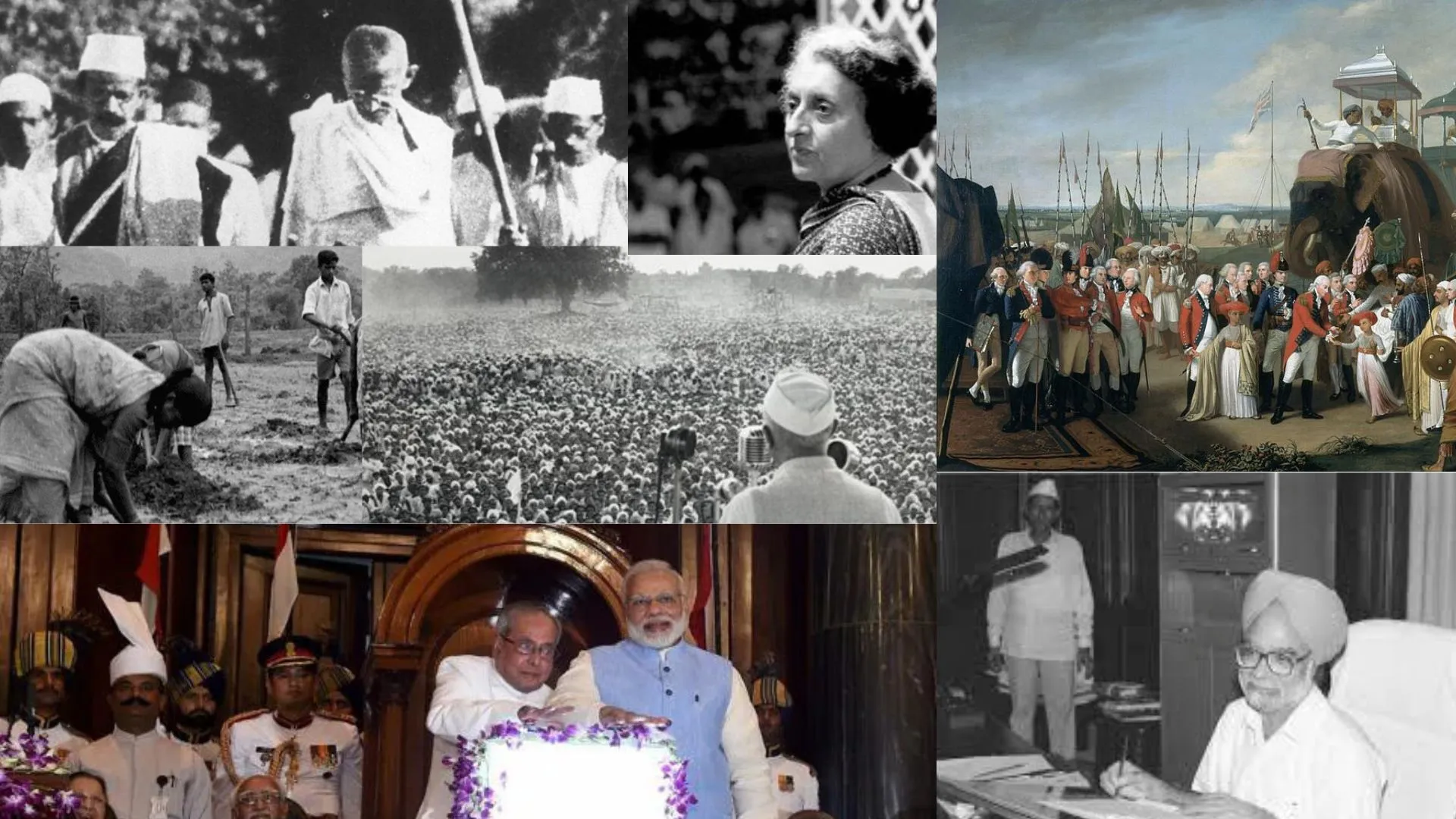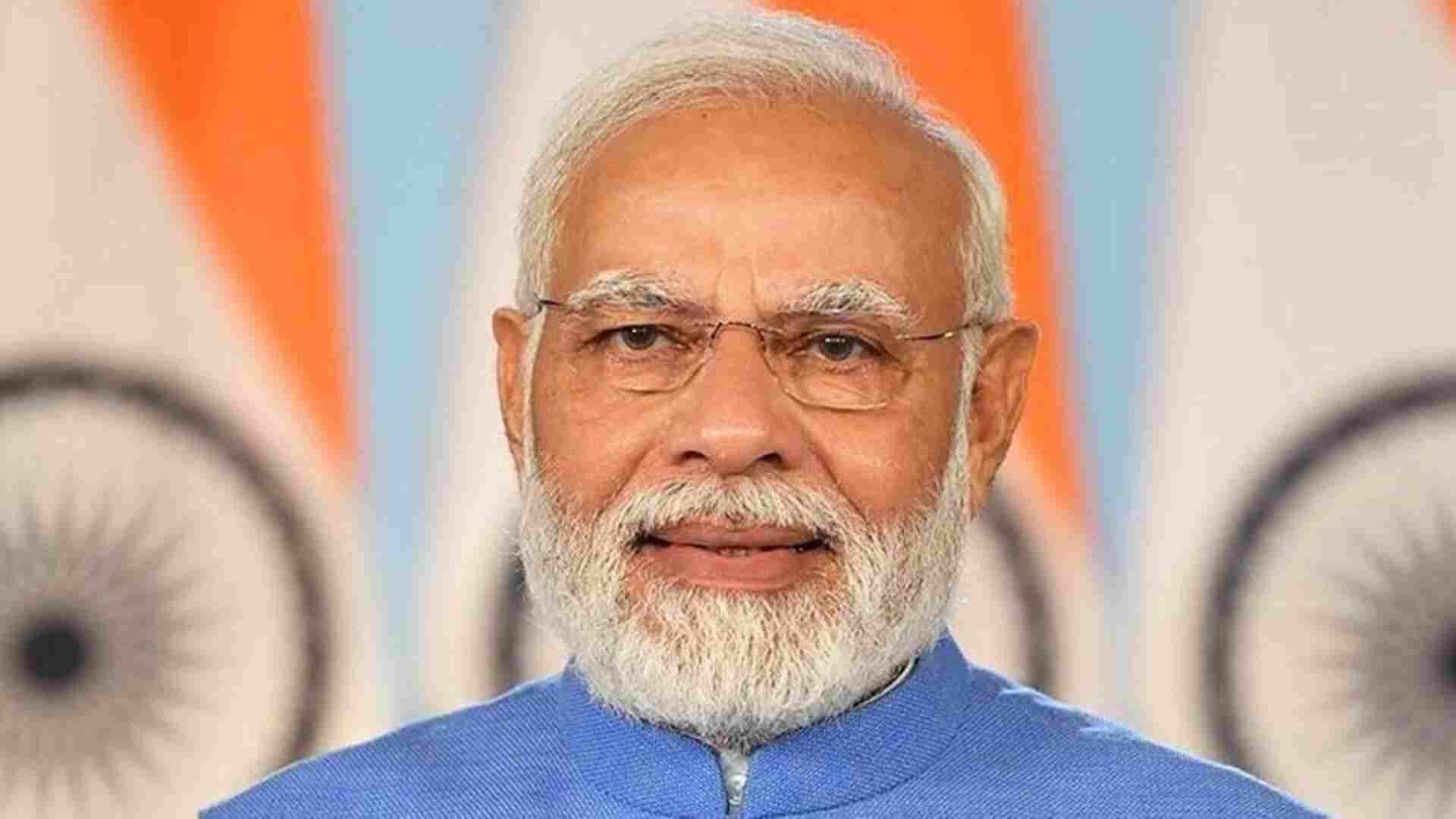This Parliamentary constituency is the cradle of the Nehru-Gandhi dynasty’s political journey. According to some, it has transformed the nation’s political landscape.
Amethi’s connection with the Nehru-Gandhi dynasty took root in 1967 when Vidya Dhar Bajpai, representing the Indian National Congress (INC), became the first Member of Parliament from the constituency. This marked the beginning of a political lineage that would span generations and leave an indelible imprint on the region.
The baton was passed to Sanjay Gandhi, the younger son of former Prime Minister Indira Gandhi, who contested from Amethi in 1977 but faced defeat. However, in 1980, Sanjay emerged victorious, securing his first Lok Sabha election from the seat. Tragedy struck months later when he died in a plane crash, paving the way for his elder brother Rajiv Gandhi to win the Amethi constituency in a by-poll.
Rajiv Gandhi went on to clinch Amethi for three consecutive terms, from 1981 to 1991. His tenure witnessed a significant influx of infrastructure projects and the establishment of key institutions, such as the Rajiv Gandhi Institute of Petroleum Technology, which propelled Amethi’s development. These initiatives solidified the Nehru-Gandhi family’s deep-rooted bond with the constituency.
After Rajiv Gandhi’s assassination in 1991, the political legacy in Amethi was carried forward by Satish Sharma, a loyal aide to the Gandhi family. Sharma won the seat in the 1991 by-poll and again in the 1996 general elections, ensuring the Congress’ grip on the constituency remained firm.

In 1999, Sonia Gandhi, Rajiv’s widow, made her electoral debut from Amethi, securing a resounding victory for the party. She later shifted her political base to the neighboring Rae Bareli constituency in 2004, paving the way for her son, Rahul Gandhi, to make his electoral debut from Amethi. Rahul Gandhi went on to win the seat three times consecutively in 2004, 2009, and 2014, solidifying the family’s hold over the region.
For nearly four decades, Amethi remained a faithful bastion for the Congress party, with voters consistently rallying behind the Nehru-Gandhi family or their loyalists. The region witnessed a slew of developmental initiatives and infrastructure projects during this period, further cementing the bond between the dynasty and the constituency.
However, this long-standing dominance was challenged in 2019 when Smriti Irani, the BJP’s formidable candidate, achieved a historic victory by defeating Rahul Gandhi, marking a seismic shift in Amethi’s political landscape.
This detailed account highlights the deep-rooted connection between Amethi and the Nehru-Gandhi dynasty, spanning multiple generations and encompassing both electoral triumphs and personal tragedies. It underscores the significance of the BJP’s breakthrough win in 2019, which shattered the perception of Amethi as an impregnable Congress fortress after decades of unwavering loyalty to the dynastic lineage.
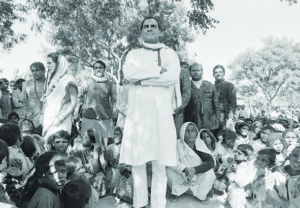
Congress’ Dominance: The Congress party has enjoyed a stronghold in the Amethi constituency of Uttar Pradesh, winning the seat 11 times in the 14 Lok Sabha elections held till date. The first Congress candidate to emerge victorious from Amethi was V D Bajpai in 1967 and 1971. In 1977, the then Prime Minister Indira Gandhi’s younger son Sanjay Gandhi contested the seat for the first time but suffered a defeat. However, in 1980, Sanjay won his first Lok Sabha election from the constituency.
After Sanjay’s untimely demise, his elder brother Rajiv Gandhi won the seat in a bypoll. Rajiv Gandhi went on to clinch the Amethi constituency for three consecutive terms, securing a record 84.18% vote share in the 1981 bypoll, the highest ever for the Congress in Amethi. Following Rajiv’s assassination in 1991, Satish Sharma, a loyalist of the Gandhi family, took over the seat, winning it in the 1991 bypoll and the 1996 Lok Sabha elections.
Making her electoral debut in the 1999 polls from Amethi, Sonia Gandhi emerged victorious. She later switched to the neighboring Rae Bareli constituency in 2004, leaving the Amethi seat for her son Rahul Gandhi’s electoral debut. Rahul Gandhi then won the Amethi seat three times, in 2004, 2009, and 2014, before facing a shocking defeat.
The Congress party’s dominance in Amethi can be attributed to the strong emotional connect of the Gandhi family with the region. The family’s legacy and the charisma of its prominent leaders played a crucial role in swaying the voters’ sentiments. However, in the 2019 Lok Sabha elections, the BJP’s Smriti Irani dealt a stunning blow to the Congress party by defeating Rahul Gandhi in Amethi, a seat considered a Gandhi bastion for decades.
The Congress party’s setback in Amethi was symbolic of the changing political dynamics in the country, where the traditional vote banks were no longer seen as impregnable fortresses. The defeat signaled a shift in the electorate’s preferences and a growing disillusionment with the Congress party’s leadership and governance.
Despite the loss in Amethi, the Congress party remains a formidable force in Indian politics, with a rich history and a pan-India presence. However, the party faces the daunting task of regaining the trust of the masses and revamping its strategies to counter the rising tide of the BJP and other regional parties.
The electoral battle in Amethi has not only been a contest between political rivals but also a clash of ideologies, narratives, and the allure of dynastic politics versus the promise of development and change. As the country gears up for future elections, the Congress party will need to introspect and adapt to the evolving political landscape, while the BJP will aim to consolidate its gains and expand its footprint across the nation.
The BJP’s Breakthrough: The 2019 Lok Sabha elections ushered in a seismic shift in Amethi’s political landscape, as Smriti Irani, the BJP’s formidable candidate, achieved what was once considered unthinkable – defeating Rahul Gandhi, the scion of the Nehru-Gandhi dynasty, by a staggering margin of 55,120 votes. This victory not only shattered the perception of Amethi as an impregnable Congress fortress but also signaled a profound shift in the region’s political dynamics.
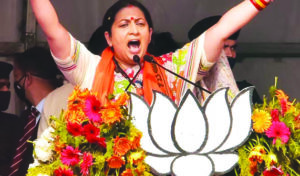
Irani’s triumph was a testament to the BJP’s unwavering determination to expand its footprint across the country, challenging even the most entrenched political bastions. Her relentless campaigning and connection with the local populace resonated deeply, striking a chord with voters who yearned for change and development. Irani’s grassroots approach, her accessibility, and her commitment to addressing the pressing concerns of the people resonated with the electorate, who had grown disillusioned with the perceived neglect and unfulfilled promises of the Congress party.
The BJP’s victory in Amethi was also a reflection of the larger national narrative that had taken hold – a desire for strong and decisive leadership, coupled with a focus on development and governance. Prime Minister Narendra Modi’s charismatic leadership and his party’s emphasis on economic progress, infrastructure development, and social welfare schemes struck a chord with voters across the country, including in traditional Congress strongholds like Amethi.
Irani’s victory was not merely a personal triumph; it was a resounding endorsement of the BJP’s ideological narrative and its ability to connect with the aspirations of the people. The party’s aggressive campaigning, backed by a well-oiled organizational machinery and a cohesive messaging strategy, proved to be a formidable force in Amethi, where the Congress had long taken its support for granted.
The aftermath of the 2019 elections saw the Congress party grappling with introspection and soul-searching. The loss of Amethi, a seat that had been a symbol of the party’s dynastic legacy, was a bitter pill to swallow. It exposed the vulnerabilities of the party’s traditional vote banks and the growing disconnect between the Gandhi family’s perceived charisma and the changing aspirations of the electorate.
For the BJP, the victory in Amethi was a crowning achievement, a clear indication of its rising popularity and its ability to transcend traditional boundaries. It reinforced the party’s belief in its ideological principles and its commitment to delivering on its promises of development and governance. The triumph also served as a springboard for the party to further consolidate its position and expand its footprint in other regions where it had historically struggled to gain a foothold.
The 2019 upheaval in Amethi was not merely a political battle; it was a paradigm shift, a realignment of political forces that challenged long-held assumptions and shook the very foundations of the Congress party’s dominance. It ushered in a new era of political dynamics, where the electorate’s aspirations and the promise of change took precedence over traditional loyalties and dynastic legacies.
The High-Stakes Contest
The Congress party has fielded its new candidate, 63-year-old Kishori Lal Sharma, a close Gandhi family aide going back to the time of Rajiv Gandhi, against the incumbent Cabinet Minister Smriti Irani in Amethi. However, the past rivalry between Irani and Rahul Gandhi has intensified tensions, leading Gandhi to not contest from Amethi this time.
Despite Gandhi’s absence, this election is considered a high-profile battle, as the Congress aims to reclaim its lost glory in the constituency, while the BJP strives to solidify its newfound dominance in the region. The heated war of words and political posturing from both sides have further escalated the stakes in this electoral contest.
Smriti Irani’s Relentless Attack: Smriti Irani, the incumbent MP and Union Minister, has been relentlessly attacking Rahul Gandhi, accusing him of neglecting Amethi’s development during the 15 years he represented the constituency, even when the Congress was in power at the Centre.
In an exclusive interview, Irani stated, “He (Rahul Gandhi) left Amethi in 2019 in search of a safer seat, which was Wayanad. He proclaimed his nomination in Wayanad as a member of their family.” She further remarked, “Logo ko rang badalte dekhta tha, lekin parivaar badalte pehli baar dekh rahi hoon” (I had seen people changing colors, but this is the first time I have witnessed someone changing their family).
Irani continued her scathing attack, saying, “I think today is also a wake-up call for the people of Wayanad because Rahul Gandhi cleverly did not declare his true intentions to the voters there. They have not only abandoned the Amethi seat but have also demonstrated to voters that their words cannot be trusted.”
Congress Fightback
On the other side, the Congress party is determined to reclaim its former stronghold and has fielded Kishori Lal Sharma as its candidate from Amethi. However, Rahul Gandhi’s decision not to contest from the constituency this time drew sharp criticism from Irani.
The battle for Amethi has taken a personal turn, with both parties engaged in a heated war of words, making it a high-stakes contest for the upcoming general elections.
A Historical Perspective: Vote Share Analysis In terms of vote share, the Congress has been dominant in Amethi, securing more than 50% of the votes in eight polls. The party’s worst performance was in 1998 when it secured just 31.1% of the votes polled.
Amethi’s first Lok Sabha poll in 1967 was also the tightest contest in terms of votes polled, with just 2.07 percentage points separating the Congress winner from the runner-up Bharatiya Jana Sangh (BJS), the BJP’s erstwhile avatar. It was also the lowest winning vote share secured by the Congress.
In 1977, the first time the Congress lost the Amethi seat, it won just 34.47% of the vote, well behind the Janata Party’s 60.47%. In its other losses in 1998 and 2019, the contest was much closer, with 3.98 percentage points and 5.87 percentage points, respectively, separating the Congress from the winning BJP.
Conclusion: The Essence of Democracy As India gears up for the 2024 general elections, the battle for Amethi stands as a testament to the vibrancy of the nation’s democracy.
This historic constituency, once a Congress bastion, has become a battleground where political fortunes will be forged and legacies etched.
The significance of Amethi extends beyond its boundaries, serving as a symbolic struggle for the soul of Indian democracy. For the Congress, regaining control would reaffirm its connection with the people, while for the BJP, retaining it would solidify its position as a formidable force.
Ultimately, the true protagonists are the people of Amethi themselves. Their voices carry the weight of aspirations and disillusionment.
As campaigns blaze through the region, voters will scrutinize platforms and weigh commitments on development, employment, and amenities.


